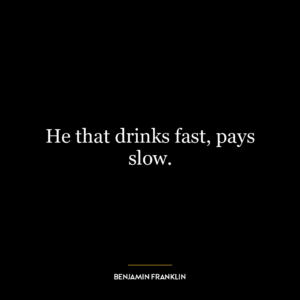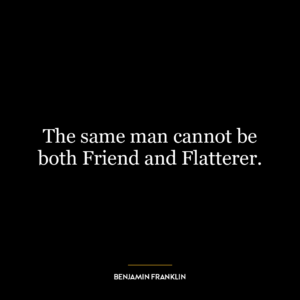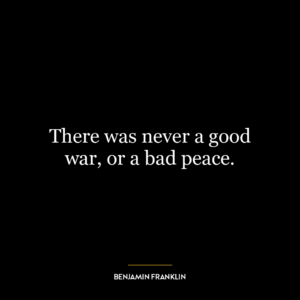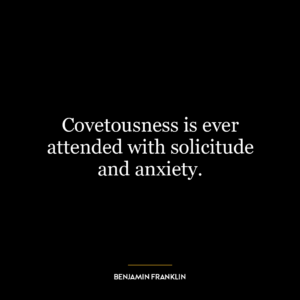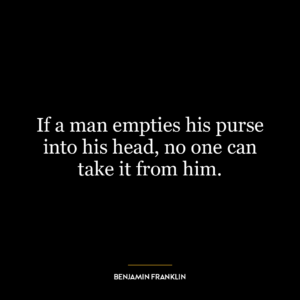Common sense without education, is better than education without common sense.
This quote essentially underlines the importance of common sense over formal education. It posits that having practical knowledge and wisdom about the world, which is often referred to as common sense, is more beneficial than having formal education without the ability to apply it sensibly in real-life situations. Common sense involves understanding, pragmatism, and the ability to make sound judgments, while education is the acquisition of knowledge through studying and learning.
The quote suggests that education without common sense can lead to impracticality, as it may lack the wisdom to apply the knowledge effectively in everyday life. On the other hand, common sense without education allows for practical decision-making and problem-solving, even without formal knowledge.
This quote is not devaluing education but is emphasizing the importance of combining education with common sense. It tells us that education becomes more valuable when it is used with common sense, as it allows for the practical application of knowledge.
In today’s world, this quote is extremely relevant. In an age where information is readily available, it’s easy to amass knowledge. However, without common sense, this knowledge can be misapplied or misunderstood. For example, someone might have a degree in finance, but without common sense, they might make poor financial decisions.
In terms of personal development, this quote encourages us to not only seek knowledge but also cultivate our common sense. It’s about learning to make sound judgments, understanding the world around us, and applying our knowledge in a practical and effective way. It’s about becoming well-rounded individuals who can navigate the complexities of life not just with the knowledge we’ve gained from books, but also with the wisdom we’ve gathered from our experiences.



